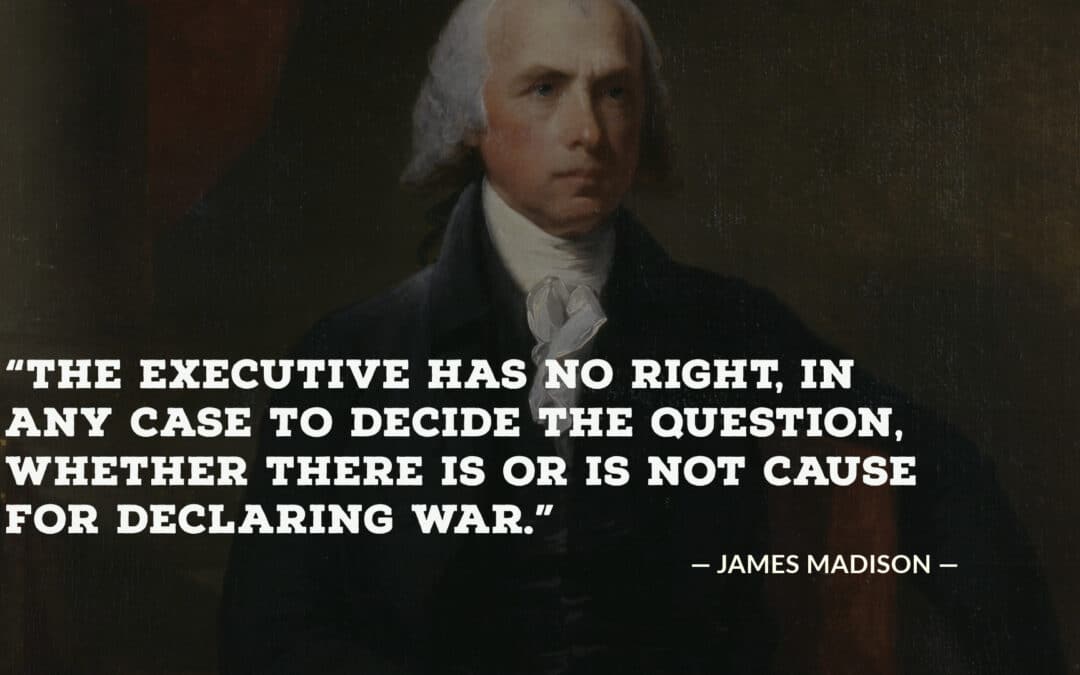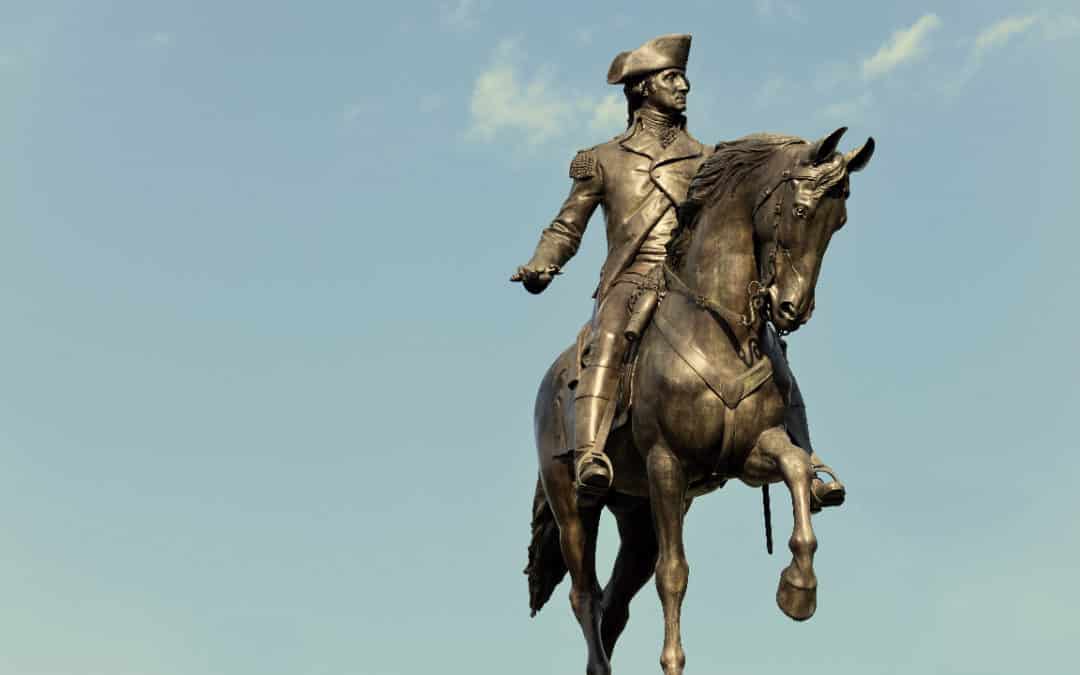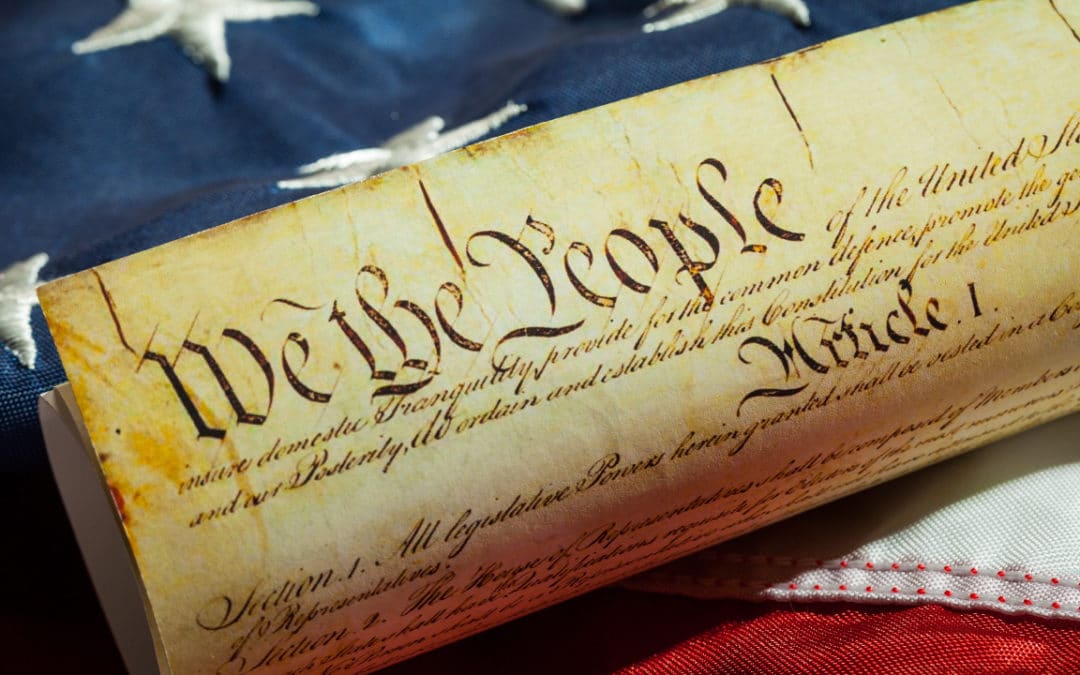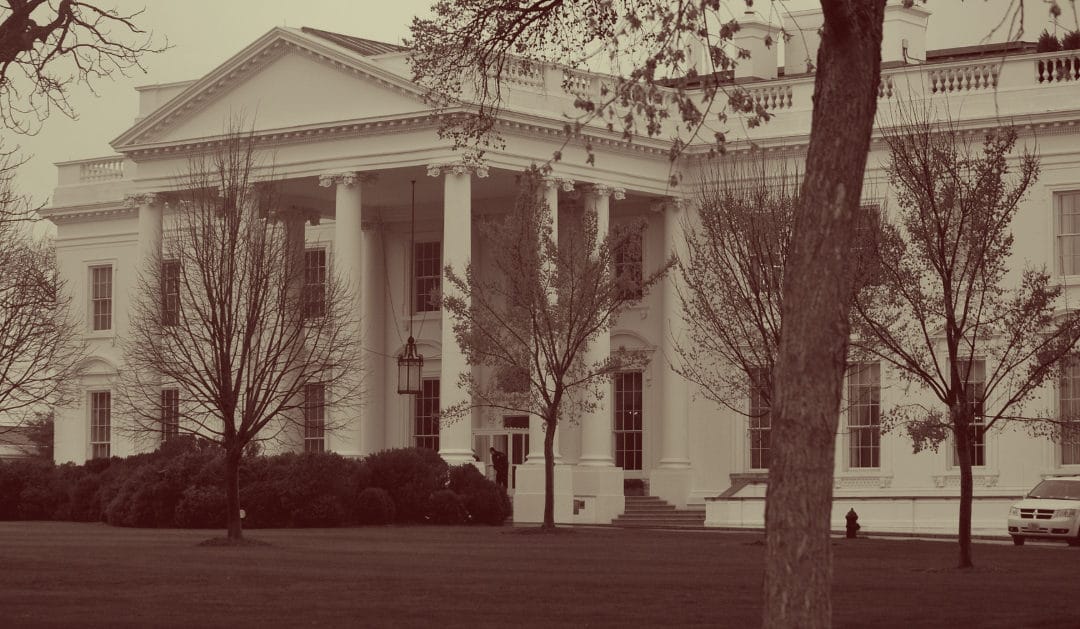


Deciphering the Commander-in-Chief Clause
The Constitution designates the president as the commander in chief of the “Army and Navy of the United States, and of the Militia of the several States, when called into the actual Service of the United States.” A common view is that this gives the president...
Blackstone on Judicial Tenure
As noted in my opening post in this series, earlier this month Professor Jed Shugerman sharply criticized originalist executive power scholars, and particularly a brief submitted to the Supreme Court by originalist scholars in Seila Law v. CFPB. One key point of...
Executive Power: Who Made Presidents and Governors Kings?
Article II of the Constitution defines the role and qualifications of the president. The Constitution delegates specific powers and responsibilities to the executive branch including the power of appointment, the power to make treaties with the advice and consent of...
